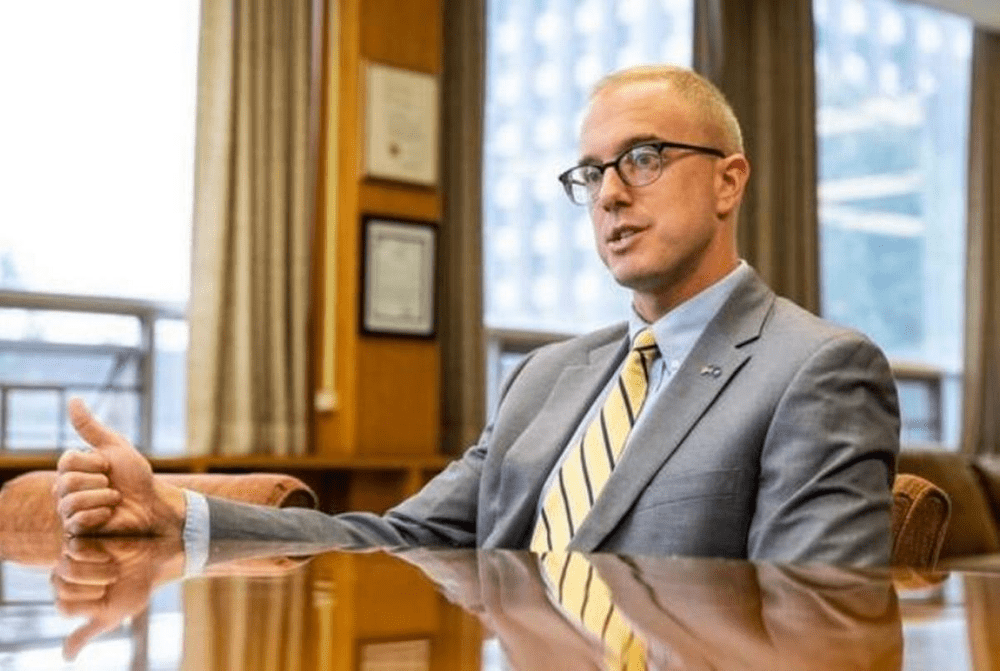Why 5G is Slower Than 4G, Potential Repeal of New York Broadband Fee, DataBank-Zayo Group Deal
“5G is mostly not faster than 4G,” wrote Doug Dawson, president of CCG Consulting, in a Tuesday blog post, in which he critiques major U.S. cellular carriers for overexaggerating the capabilities of their 5G cellular networks. “It’s an interesting marketing claim because from a standards perspective
Jericho Casper

“5G is mostly not faster than 4G,” wrote Doug Dawson, president of CCG Consulting, in a Tuesday blog post, in which he critiques major U.S. cellular carriers for overexaggerating the capabilities of their 5G cellular networks.
“It’s an interesting marketing claim because from a standards perspective there isn’t yet any cellular traffic that can legitimately be called 5G,” wrote Dawson, saying “From what I can see, the only feature from the 5G specification that has been introduced into networks so far is dynamic spectrum sharing, or DSS.”
DSS is a feature which allows cellular carriers to simultaneously use the same block of spectrum for both 4G and 5G. According to Dawson, this is mostly a preparatory feature that is readying the network for future 5G features, as “carriers don’t want to limit future 5G to a small subset of spectrum.”
“When the carriers brag about 5G, what they are really talking about is the introduction of new blocks of spectrum. They’ve labeled every new block of spectrum as 5G and labeled every phone that can receive the new blocks of spectrum as 5G phones,” wrote Dawson.
The carriers are getting exactly what they hoped for with ‘5G’ phones, he claimed. “They are moving people off of the crowded 4G spectrum bands that were threatening to collapse under data loads. But unfortunately, just like happened in the early days of 4G, the network performance from a customer perspective is not living up to the marketing hype,” wrote Dawson.
New York officials urge repeal of broadband fee, citing rural expansion project disruptions
New York lawmakers are pushing to repeal a controversial state broadband fee that’s disrupted several high-speed internet expansion projects across rural upstate regions, reported Kate Lisa on Monday for Daily News.
The state Department of Transportation, or DOT, started charging fees this year to fiber optic cable installers who build lines in a state-controlled highway right-of-way. The 2019-20 state budget contained language that enacted a right-of-way tax or use and occupancy fee, allowing the DOT to require installers to enter annual fee-bearing permits to charge corporations per foot, per cable, for fiber optic lines they own.
Assemblyman Mark Walczyk, R-Watertown, introduced bill A10932 in August, to repeal corresponding provisions of state highway and transportation corporations law, to reduce the cost of expanding broadband access. According to Lisa, the bill has remained in the Corporations, Authorities and Commissions Committee since August 17.
“People are upset,” said Walczyk. “I view this tax as excessive, unreasonable and unfair. When we get back to session, whether that’s in a special session this fall or in January, I hope to finally repeal this.”
DataBank to acquire zColo data center assets
DataBank announced Tuesday that it has signed definitive agreements to acquire zColo from Zayo Group. The zColo acquisition establishes DataBank as a national edge data center provider serving 29 key markets via 64 data centers, which boslter over 1 million square feet of colocation space.
The transaction significantly accelerates DataBank’s edge and hybrid cloud strategies. The expanded data center footprint provides DataBank’s customers with new geographic options for colocating their content, data, and workloads closer to end-user populations in key markets like Los Angeles, Denver, Chicago, Miami, Boston, and New York City.
With double the number of private cloud nodes and public-cloud on-ramps, DataBank customers will have more flexibility to design hybrid IT solutions that adapt as their infrastructure needs evolve.
“This agreement allows both parties to focus on their core strengths,” said Dan Caruso, Zayo Group’s CEO. “We’ll continue building the most fiber-rich digital infrastructure in the world while DataBank focuses on hosting the innovations and digital workloads that our fiber and network infrastructure were designed to fuel.”









Member discussion